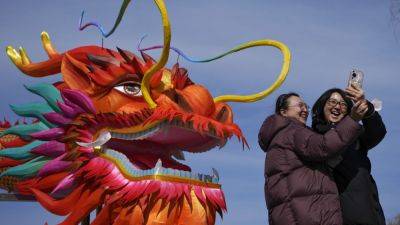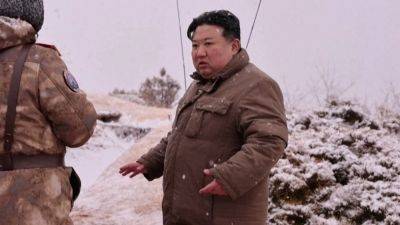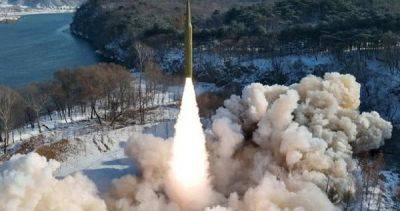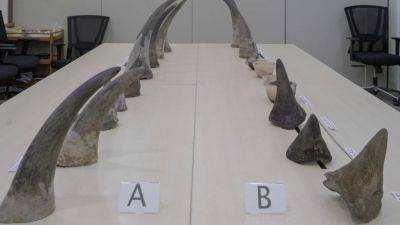Commentary: As South Asia prepares to head to the polls, brace for a possibly violent election year
SINGAPORE: Along with many parts of the world, four South Asian countries — Bangladesh, Pakistan, India and Sri Lanka — face elections this year. Their elections come at a time of somewhat peculiar situations in their domestic political landscapes.
Elections in the region have usually witnessed sporadic electoral violence and unrest, but those taking place this year may be especially polarising and contain hallmarks of becoming particularly strifeful with large-scale electoral or communal violence.
Bangladesh was the first South Asian country to go to the polls on Jan 7. The election saw incumbent Prime Minister Sheikh Hasina of the Awami League return to power for a fifth time amid low voter turnout of 40 per cent.
The election was widely considered a sham as the principal opposition, the Bangladesh National Party (BNP) boycotted it, saying it was not free and fair. The Awami League’s election walkover — considered by some observers as a death blow to democracy in Bangladesh — was marked by concerning incidents of electoral violence.
A pre-election arson attack on a commuter train killed four, and on election day, a bomb blast outside a polling station in Dhaka killed three. The election season was also marked by violent anti-government protests. Ms Hasina accused the BNP of instigating some of the violence and called it a “terrorist organisation”.
Ms Hasina is the daughter of Bangladesh’s founding father Sheikh Mujibur Rahman and first became prime minister in 1996. Although she is credited with uplifting the Bangladeshi economy by initiating major development projects, her government faces accusations of human rights abuses and lacks legitimacy and trust.
The economy has also slowed sharply since Russia's invasion of







